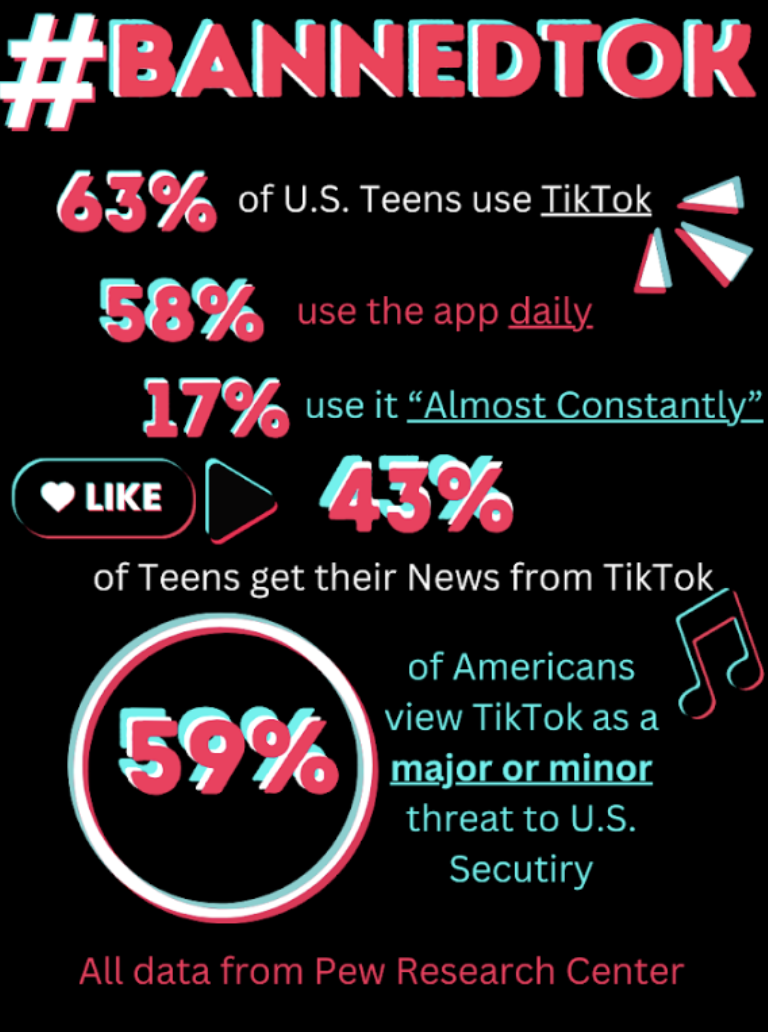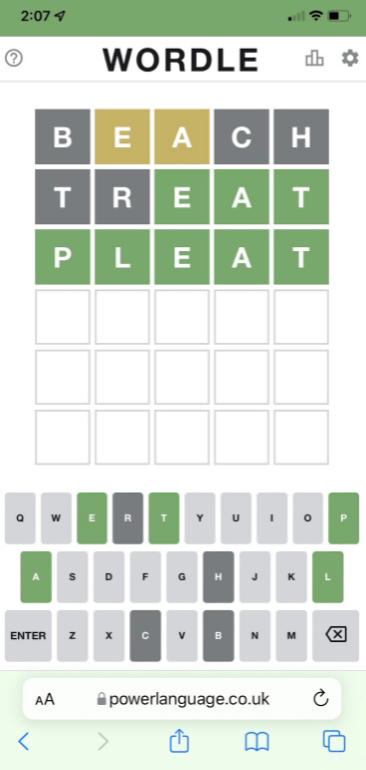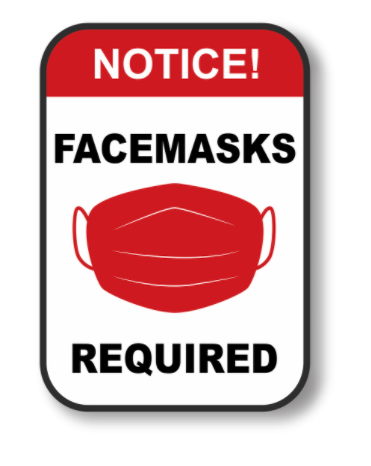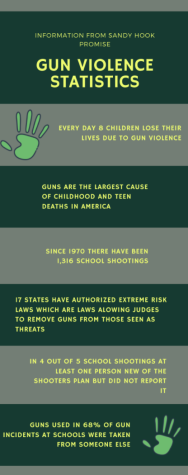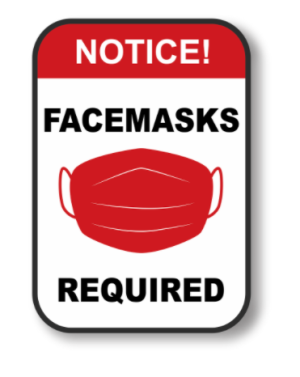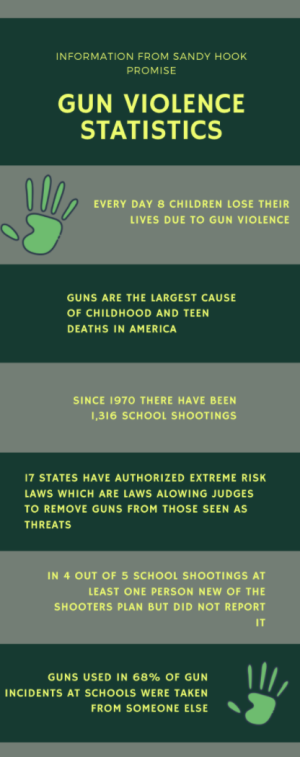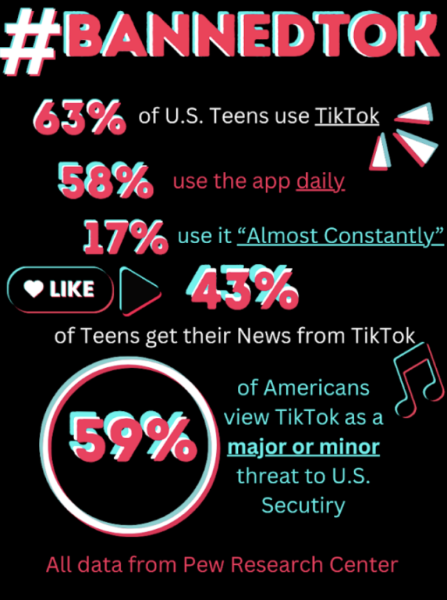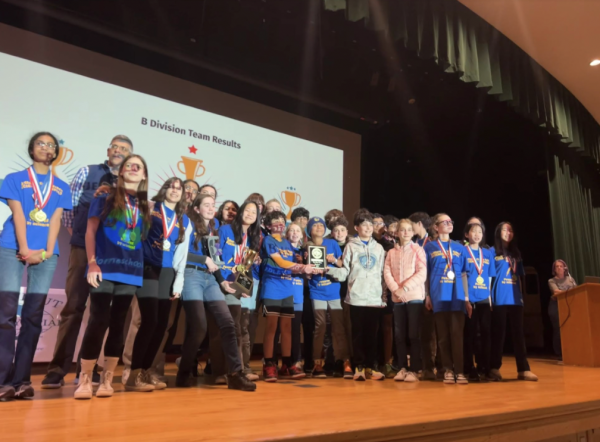The New York Times buys Wordle
Wordle is a new and enjoyable game played by many. On Feb 4. the word of the day was ‘pleat.’
Wordle, a new online word challenge, has grown in popularity over the past couple of weeks, and was recently purchased by the New York Times. Many players have expressed concerns over the ramifications of this acquisition.
Staples students are a part of the growing population that engages in the game.
“I was worried at first that I would have to pay to play,” Ryan Lapatine ’23 said.
But the New York Times has offered some assurances to its players.
“Wordle would initially remain free to new and existing players,” The New York Times announced when they first bought Wordle. So far, this statement remains to be true.
Josh Wardle, the founder of the game, released a statement to the public about his agreement with the New York Times and what it means for the future of the company.
“I’ve long admired the NYT’s approach to their games and the respect with which they treat their players,” Wardle said. “Their values are aligned with mine on these matters and I’m thrilled that they will be the stewards of the game moving forward.”
Wordle is expected to continue to grow in popularity as it becomes more advertised and funded. Especially with the New York Times owning the game, players speculate that there may be new features added.
The interface of the game officially changed on Thursday, Feb. 12. Some users realized that when this transformation was made, their streaks were lost along with other statistics.
It’s been taking me way longer to come up with the word of the day.
— Ryan Lapatine ’23
“I definitely was frustrated when my streak was lost,” Maya Sherman ’24 said. “I had been playing for weeks and had such a long streak and all of a sudden it was gone.”
Some have also claimed that the words are getting more difficult to guess since the New York Times purchased the game. Players are basing this theory off of the commonality that it is taking more tries for people to guess the word than it did previously.
“My family and I noticed that the words were getting harder,” Laptine said. “It’s been taking me way longer to come up with the word of the day.”

Photostory Editor Karlie Saed ’23 has continued participation in Inklings to pursue her passion of writing. In her sophomore year, Saed fell for Advanced...

